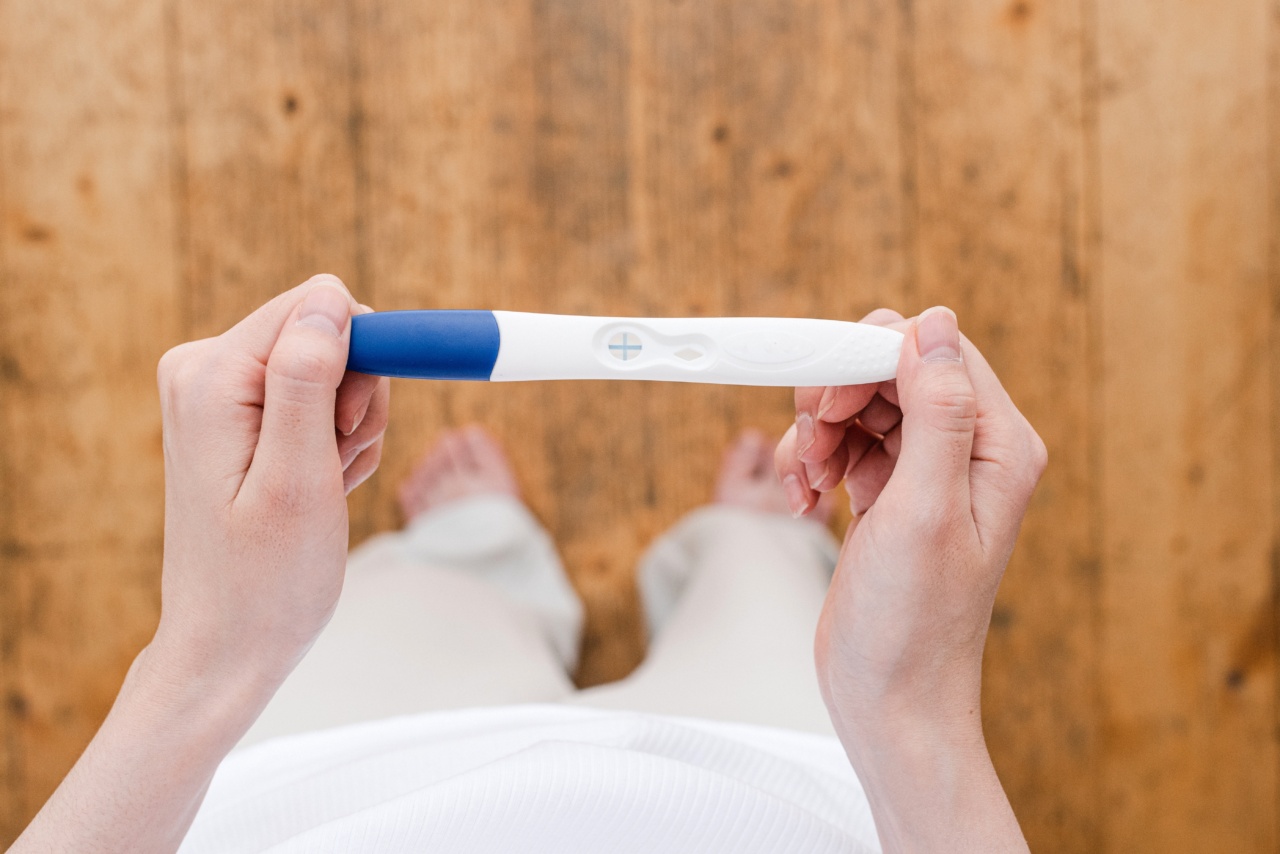The second trimester of pregnancy, spanning from weeks 13 to 28, is often considered the most comfortable and enjoyable period for many women.
It is during this time that women experience a range of physical and psychological changes as their pregnancy progresses. In this article, we will focus on the psychological changes that occur during the second trimester, shedding light on the emotions and mental well-being of expectant mothers.
1. Heightened Sense of Emotional Well-being
As the first trimester, characterized by early pregnancy symptoms such as fatigue and morning sickness, comes to an end, women often find themselves feeling more emotionally stable and positive.
This is due in part to the decrease in hormones responsible for causing mood swings and morning sickness. The second trimester brings a certain sense of relief, resulting in increased emotional well-being.
2. Deepening Bond with the Baby
During the second trimester, women may start feeling the baby’s movements for the first time. This thrilling experience often leads to a deep sense of connection and bonding between the mother and the baby.
Feeling the baby’s kicks and flutters can evoke a wide range of emotions, from excitement and joy to a sense of awe and wonderment.
3. Increased Sexual Desire
Many women experience an increase in their sexual desire during the second trimester. This is primarily attributed to the surge in blood flow to the pelvic area, leading to heightened sensitivity and improved vaginal lubrication.
Additionally, the decrease in pregnancy symptoms like nausea and fatigue often leaves women feeling more energetic and inclined towards intimacy.
4. Body Image and Self-esteem
As the baby bump becomes more prominent, women may start experiencing changes in their body image and self-esteem. Some women feel incredibly empowered and beautiful as they witness their body transforming to accommodate new life.
However, others may struggle with body image issues and feel self-conscious about weight gain or physical changes. It is essential for expectant mothers to practice self-love and surround themselves with positive support to navigate these emotions.
5. Anxiety and Fears
While the second trimester generally brings a sense of relief, it is not uncommon for women to experience anxiety and fears related to the health and well-being of the baby.
Women may worry about miscarriage, fetal abnormalities, or the upcoming childbirth process. Open communication with healthcare providers, prenatal classes, and joining support groups can help alleviate these concerns and provide reassurance.
6. Nesting Instinct
As the due date approaches, many women experience a strong nesting instinct during the second trimester. This instinctive urge involves preparing the home environment for the arrival of the baby.
Women may find themselves organizing, cleaning, and decorating the nursery, as well as making plans and arrangements for the postpartum period. The nesting instinct is driven by a combination of excitement, anticipation, and a primal need to protect and prepare for the baby’s arrival.
7. Heightened Intuition
Some women report experiencing an increased sense of intuition during the second trimester. They may find themselves more in tune with their bodies, the needs of their baby, and the world around them.
This heightened intuition can be attributed to the surge in hormones, as well as the deep connection between mother and child.
8. Ambivalence and Mixed Emotions
While pregnancy is often portrayed as a period of pure happiness and excitement, many women experience ambivalent feelings and mixed emotions. It is completely normal to swing between moments of joy and anticipation, to moments of doubt and fear.
The responsibility and life-altering nature of becoming a parent can stir up a complex range of emotions, and it is crucial to acknowledge and address these feelings.
9. Extended Support Network
During the second trimester, women often find themselves expanding their support network. They may join prenatal classes, participate in pregnancy-related forums or groups, or seek advice from experienced mothers in their social circles.
Connecting with other expectant mothers and sharing experiences can be incredibly beneficial, providing a sense of camaraderie and emotional support throughout the pregnancy journey.
10. Anticipation and Excitement
Last but not least, the second trimester is typically characterized by a growing sense of anticipation and excitement.
As the baby bump becomes visible, and the pregnancy progresses, expectant mothers often find themselves eagerly looking forward to meeting their little one. This excitement can be contagious and positively impact their overall well-being as they count down the weeks to holding their baby in their arms.





























